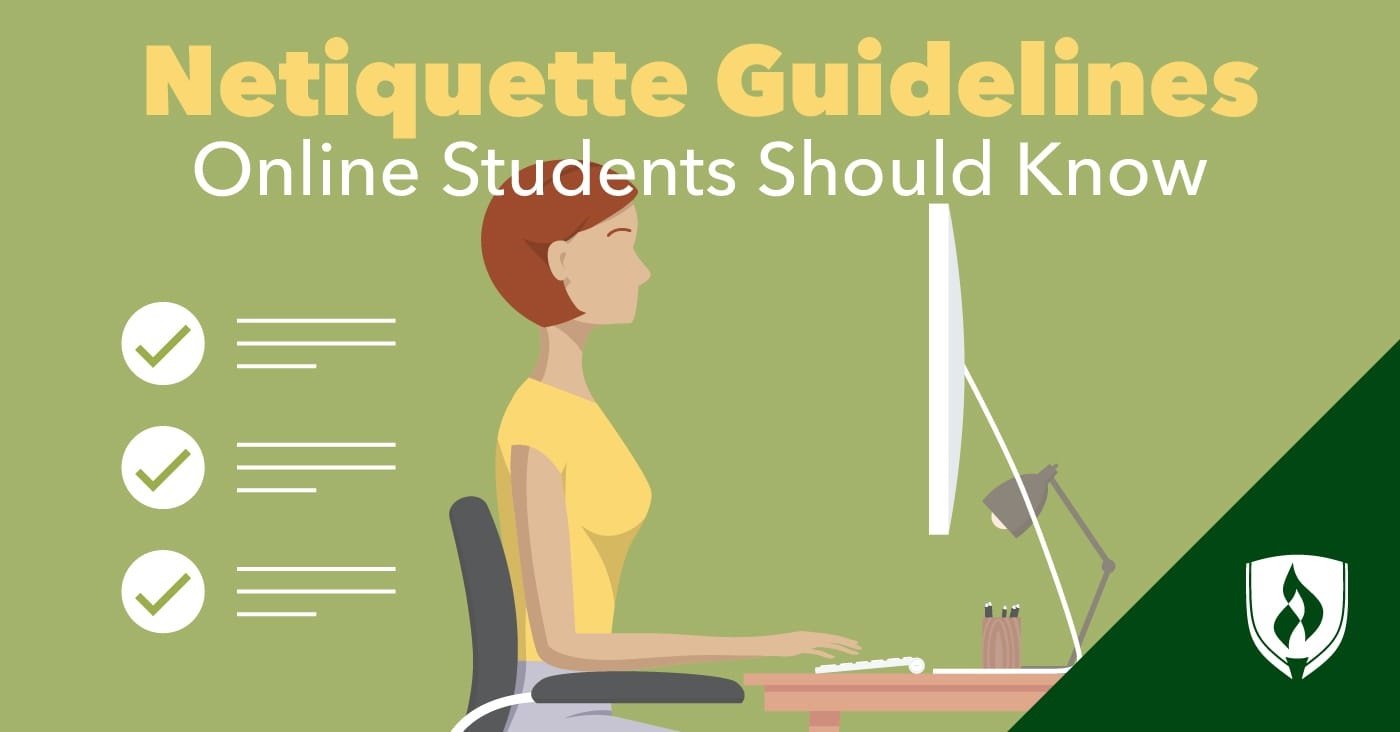
Power should always be used responsibly and not to harm or take advantage of those who are less powerful or knowledgeable. This rule is intended for those who carry more power on the Internet as experts, designers, system administrators or even hackers. Remember not to share information about others that could get them - or yourself - into trouble, both personally and professionally. As in rule 4, do not monopolize online discussion with long or offensive commentary. They are often a result of strongly held opinions and emotions. "Flaming" refers to verbal disagreements that occur between users in contexts such as message boards. Rule 7: Help keep flame wars under control If you hold a lot of knowledge about a certain topic or subject, don't be afraid to share it online in a manner that is helpful and accurate. However, it can also be used to spread misinformation and distortions. The Internet is a great platform for sharing good information. Pay attention to your grammar, spelling and word choices as well as the overall content and truthfulness of your writing, as this is what others are using to judge you.


This rule is a reminder not to allow this aspect of the Internet influence how you communicate. There are many positive aspects about the Internet, including the ability to remain anonymous. In this rule, "bandwidth" is synonymous with "time." When you send and email or post on a discussion board, keep your comments brief and relevant to the environment or situation. Rule 4: Respect other people's time and bandwidth
Rules of netiquette professional#
Comments that are acceptable on Facebook, for instance, may be considered inappropriate on a professional networking site such as LinkedIn. This principle extends to online environments as well. The way we interact with our friends, for example, may not be acceptable in a school or work situation. This includes harrassment and bullying, copyright regulations, and privacy.ĭifferent environments require different behaviour. This rule is a reminder that the ethical standards and laws that govern our society extend to cyberspace as well. Rule 2: Adhere to the same standards of behavior as in "real life" Before clicking send or post, ask yourself: Would you say it to the person's face? It is easy to misunderstand or be rude to others when you are not interacting with them in person. Remember that behind every screen is a human being with independent thoughts and feelings. The following 10 rules and reminders for online communication and behaviour have been summarized from Virginia Shea's book, Netiquette. The Core Rules of Netiquette by Virginia Shea

Including unnecessary information or diverging from the purpose of the email.Sending or forwarding personal or private information without the original sender's consent.Overusing the priority, high importance or receipt settings.Opening emails or attachments from unknown or suspicious senders.Writing in capital letters that MAKE IT SEEM LIKE YOU ARE SHOUTING.If necessary, protect privacy of recipients by using the blind carbon copy (bcc) field.Be careful using the Reply to All button.Confirm that the email of the recipient is correct.Address all of the sender's questions or concerns.Be concise and proofread the text to make sure there are no grammatical or spelling mistakes.Know your audience - for formal emails to colleagues or prospective employers, use polite and professional language.Include a subject line, a proper opening and a closing line.DO follow these rules and guidelines for proper email netiquette: Email is an important form of communication that is used in multiple contexts, from professional to personal.


 0 kommentar(er)
0 kommentar(er)
